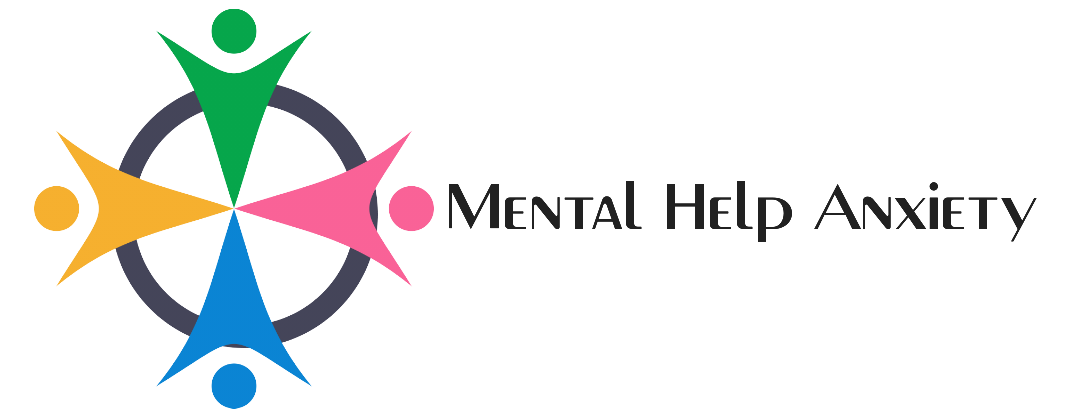Schizophrenia is a severe mental health condition that affects how a person thinks, feels, and behaves. It is characterized by various symptoms that can significantly impair daily functioning and quality of life. The disorder is often misunderstood, and those affected may face stigma and misconceptions. This article aims to provide a comprehensive overview of the symptoms of schizophrenia, shedding light on the complexities of the disorder.
Positive Symptoms
Positive symptoms are those that represent an excess or distortion of standard functions. These include hallucinations, delusions, disorganized thinking, and movement disorders.
Hallucinations: Hallucinations are false perceptions that have no basis in reality. They can affect any of the five senses, but auditory hallucinations are the most common in schizophrenia. Individuals may hear voices others do not hear, which can be critical, commanding, or conversational. Visual hallucinations, such as seeing things that are not there, can also occur, though they are less common.
Delusions are firmly held false beliefs that are resistant to reasoning or contrary evidence. Common delusions in schizophrenia include:
- Persecutory delusions (believing that one is being plotted against or harassed).
- Grandiose delusions (believing one has exceptional abilities or is famous).
- Delusions of control (believing that external forces control one’s thoughts or actions).
Disorganized Thinking: Disorganized thinking, often inferred from disorganized speech, can make communication difficult. Individuals may switch from one topic to another in a nonsensical manner, give answers that are unrelated to questions, or speak incoherently, which could be more coherent. This symptom can make it challenging for others to follow the person’s thoughts.
Movement Disorders: Movement disorders can manifest as catatonia (a marked decrease in reactivity to the environment) or excessive and purposeless motor activity. Some individuals may exhibit repetitive movements or unusual postures, while others may experience a significant reduction in spontaneous movement.
Negative Symptoms
Negative symptoms include a decrease or loss of normal functions. These include affective flattening, alogia, avolition, and anhedonia.
Affective Flattening: Affective flattening, or blunted affect, refers to a reduction in emotion expression. Individuals may appear emotionally unresponsive, with diminished facial expressions, vocal intonation, and gestures. This can create a perception of disinterest or detachment.
Alogia: Alogia is a poverty of speech. It can manifest as a reduced amount of speech, where the individual speaks little and provides minimal responses. It can also appear as a poverty of content, where speech is adequate in amount but conveys little information.
Avolition: Avolition needs more motivation to initiate and sustain purposeful activities. Individuals may struggle to need help to start or complete tasks, including everyday activities like personal hygiene, household chores, or work-related duties. This can lead to significant functional impairment.
Anhedonia: Anhedonia is the inability to experience pleasure from typically enjoyable activities. It can affect various aspects of life, including social interactions, hobbies, and personal interests. Individuals may lose interest in activities they once found rewarding.
Cognitive Symptoms
Cognitive symptoms of schizophrenia can be subtle and are often detected only when specific tests are performed. They include problems with attention, memory, and executive functions.
Attention: Individuals with schizophrenia may have difficulty focusing or paying attention. This can impact their ability to follow conversations, complete tasks, or remain engaged.
Memory: Memory problems, particularly with working memory, can affect the ability to hold and manipulate information over short periods. This can interfere with learning new information, following instructions, and planning.
Executive Functions: Executive functions involve the ability to plan, organize, solve problems, and make decisions. Impairments in these functions can make managing daily life and responsibilities challenging.
Understanding the Impact
The symptoms of schizophrenia can vary widely in severity and presentation among individuals. Some people may experience predominantly positive symptoms, while others may exhibit a combination of positive, negative, and cognitive symptoms. The onset of symptoms typically occurs in late adolescence or early adulthood, though they can emerge at any age.
The impact of these symptoms on daily life can be profound. Individuals with schizophrenia may struggle with maintaining employment, relationships, and self-care. The disorder can lead to social isolation, difficulties in academic or occupational functioning, and a reduced quality of life. Additionally, the stigma associated with schizophrenia can exacerbate these challenges, as misconceptions and fear often lead to discrimination and social exclusion.
Treatment and Management
While there is no cure for schizophrenia, effective treatment options are available that can help manage symptoms and improve quality of life. Treatment typically involves a combination of medication, psychotherapy, and social support.
Medication: Antipsychotic medications are the cornerstone of treatment for schizophrenia. They can help reduce the intensity of positive symptoms and prevent relapses. However, they may have side effects, and finding the proper medication and dosage can require time and adjustment.The Best Exercises for Mental Health
Psychotherapy: Psychotherapy, such as cognitive-behavioral therapy (CBT), can help individuals understand and manage their symptoms, develop coping strategies, and improve functioning. Family therapy and psychoeducation can also be beneficial in providing support and enhancing communication within the family.
Social Support: Social support, including community services, support groups, and rehabilitation programs, can assist individuals in developing social skills, finding employment, and achieving a higher level of independence. Case management and peer support can also be crucial in providing ongoing assistance and encouragement.
Conclusion
Schizophrenia is a complex and challenging disorder that encompasses a wide range of symptoms affecting thoughts, emotions, and behaviors. Understanding these symptoms is essential for recognizing the disorder’s impact and providing appropriate support and treatment. While living with schizophrenia can be difficult, with the right combination of medication, therapy, and social support, individuals can lead fulfilling lives and manage their symptoms effectively. Reducing stigma and increasing awareness are crucial steps toward creating a more inclusive and supportive environment for those affected by schizophrenia.



